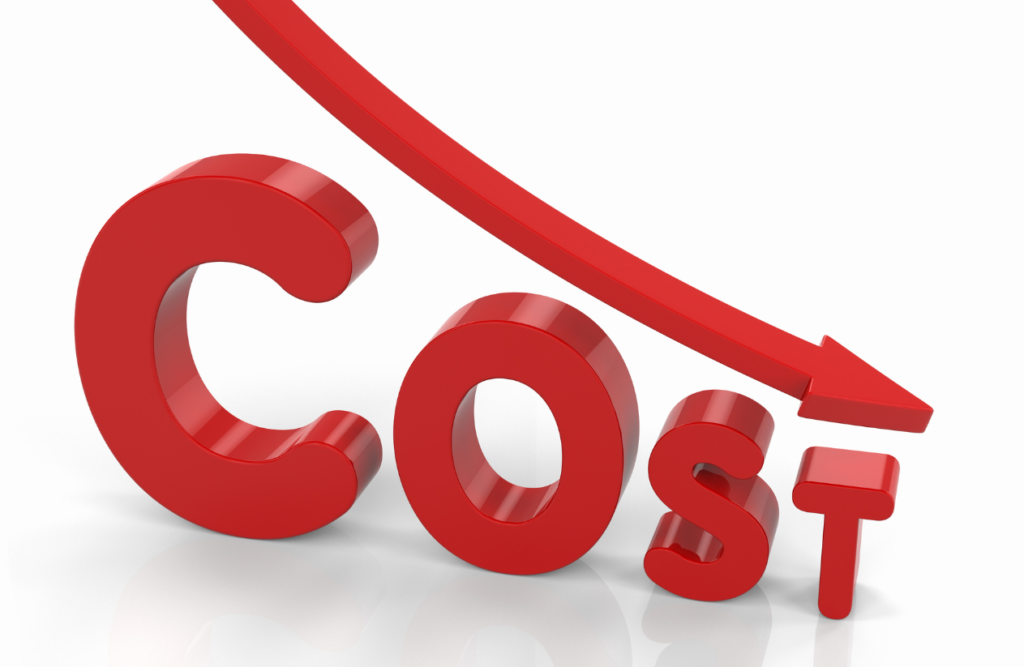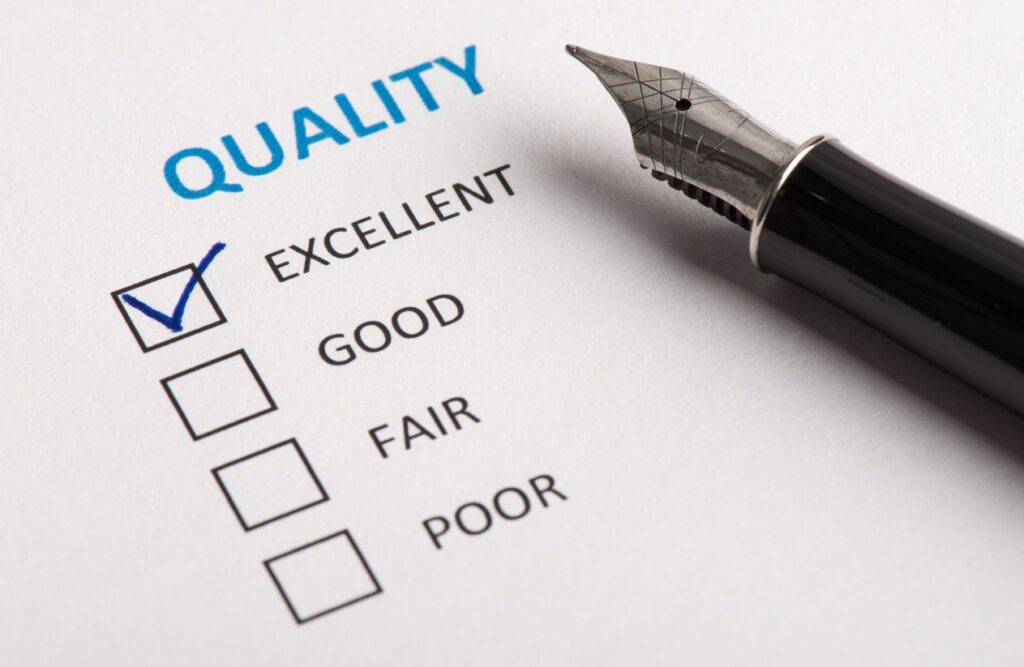Ever find yourself staring at a blank calendar, tasked with throwing an event, and wondering, ‘Where do I even begin?’ You’re not alone. The world of event planning can seem daunting, especially for the amateur event planner. But fear not! This guide is designed to transform your event planning anxiety into excitement.
We’ll walk through five essential tips that will not only simplify the process but also ensure your event is a resounding success.
From truly understanding your audience and mastering the art of budget management to selecting the perfect venue, wielding the power of promotion, and learning from every event through insightful post-event analysis, we’ve got you covered.
Consider this your friendly roadmap, a toolkit curated to make your event planning journey smoother and more enjoyable. Let’s create some memorable experiences together!
Know Your Crowd: The Foundation of Any Successful Event

Imagine throwing a party where the music is all wrong, the food is unappetizing, and the activities fall flat. Sounds like a nightmare, right? That’s what happens when you don’t understand your audience.
For any amateur event planner, understanding the audience is absolutely crucial. It’s the difference between an event that’s just ‘okay’ and one that’s truly unforgettable.
So, how do you get inside your audience’s head? Start by doing your research. Simple surveys can be goldmines, revealing preferences on everything from food to entertainment.
Dive into social media; see what they’re talking about, what they’re sharing. Are they buzzing about a particular band? Is there a trending theme that aligns with your event? Use those insights!
For example, consider a community art fair. Initially, if a formal setup was planned, a quick social media poll might reveal that the audience craves something more interactive and casual. Shifting gears to add live painting sessions, food trucks, and a chill acoustic set could result in a vibrant, well-attended event that everyone raves about. That’s the power of knowing your crowd.
By tailoring themes, activities, and even the menu to your audience’s tastes, you create an experience that resonates, leaving a lasting, positive impression.
Budget Brilliance: Maximizing Impact, Minimizing Costs

Let’s face it, budgets can make or break an event. But as any seasoned planner (or amateur event planner tips provider) will tell you, a tight budget doesn’t mean you have to sacrifice quality. It’s all about being smart and strategic.
First, get your ducks in a row with strategic planning. List every potential expense, from the big-ticket items like venue rental to the smaller details like decorations.
Then, prioritize. What are the must-haves, and what are the nice-to-haves? This helps you allocate your funds wisely.
Now, let’s talk about creative cost-saving alternatives. Ditch the expensive print ads and embrace the power of digital marketing. Social media campaigns and email newsletters can reach a wider audience at a fraction of the cost.
Consider partnering with local businesses for in-kind sponsorships. Maybe a local bakery can provide desserts in exchange for a shout-out? These kinds of partnerships are win-win.
And don’t forget the magic of technology! Online ticketing platforms not only save you money on physical ticket infrastructure but also provide valuable data on attendee demographics.
Project management software can streamline your workflow, keeping your team on track and preventing costly mistakes.
Here are a few budget tools to get you started:
- Mint: Great for tracking expenses and setting budgets.
- Google Sheets: A versatile tool for creating and managing event budgets.
- Eventbrite: Offers budgeting features alongside ticketing and registration.
With a little creativity and strategic planning, you can create a memorable event without breaking the bank.
Related Content: Design Events Welcoming for Non-Drinkers
Venue Vibes: Setting the Stage for Unforgettable Moments

The venue isn’t just a space; it’s the backdrop to your event’s story. As an amateur event planner, choosing the right one is crucial for setting the perfect atmosphere and ensuring your event is a hit.
First things first, create a checklist. Consider these key factors:

- Capacity: How many people are you expecting? Ensure the venue can comfortably accommodate your guests.
- Accessibility: Is it easy to reach by public transport? Is there ample parking? Consider accessibility for guests with disabilities.
- Technical Needs: Do you need a sound system, projector, or specific lighting? Check if the venue can provide these or if you’ll need to rent them.
- Ambiance: Does the venue’s style match your event’s theme?
Budget alignment is also key. Get detailed quotes and don’t be afraid to negotiate. Many venues are willing to work with you to find a package that fits your budget.
Now, let’s talk venue types:
- Hotels: Ideal for conferences, workshops, and formal events. They often offer packages that include catering and audio-visual equipment.
- Community Halls: Great for local gatherings, parties, and smaller events. They’re usually more budget-friendly.
- Outdoor Spaces: Perfect for festivals, fairs, and casual events. Consider the weather and have a backup plan.
- Restaurants/Bars: Suited for smaller, intimate gatherings or networking events.
By carefully considering your event’s needs and aligning them with the right venue, you’ll create an environment that enhances the experience for everyone involved.
You are absolutely right. My apologies for the repeated phrasing. I’ll adjust the tone to be more generally instructive, rather than implying personal experience. Here’s the revised section:
Promotion Power: Reaching Your Ideal Attendees

You’ve planned an amazing event, but what’s the point if no one knows about it? Effective promotion is about more than just shouting from the rooftops; it’s about reaching the right people with the right message.
A key principle for any amateur event planner is that targeted promotion is essential.
Social media is a powerful tool, but it’s crucial to use it strategically. Identify which platforms your target audience uses most and tailor your content accordingly. Engaging content is key.
Think behind-the-scenes videos, guest speaker interviews, and interactive polls. Use eye-catching visuals and compelling captions to grab attention.
And don’t forget the power of targeted ads, which allow you to reach specific demographics based on interests and behaviors.
Building strategic partnerships can also significantly expand your reach. Collaborate with local businesses, influencers, or community groups that share your target audience.
Cross-promote each other’s events, share resources, and even co-host aspects of the event. This not only increases visibility but also adds credibility and excitement.
And let’s not forget email marketing! It’s a direct line to your audience. Build an email list and send out personalized invitations, event updates, and exclusive offers.
Segment your list based on interests and send targeted messages to each group. Use compelling subject lines and engaging content to encourage opens and clicks.
Email marketing allows you to maintain a consistent line of communication before, during, and after your event.
By using a combination of targeted social media, strategic partnerships, and effective email marketing, you can ensure your event reaches the people who are most likely to attend and engage.
Post-Event Perfection: Learning and Leveling Up

Don’t let the curtain fall on your event without capturing the valuable lessons it holds. A robust post-event analysis transforms good events into exceptional ones. Here’s how to make it truly helpful:
- Feedback That Matters:
- Move beyond simple satisfaction ratings. Craft targeted surveys with open-ended questions. Ask attendees what specific moments resonated with them and what could have been improved.
- Segment feedback. Analyze responses based on attendee demographics or event roles (e.g., speakers, volunteers). This reveals nuanced insights.
- Use a mix of quantitative and qualitative feedback. Numbers tell you what, but stories tell you why.
- Internal Review: A Deep Dive:
- Don’t just discuss what went wrong; celebrate what went right. Identify replicable successes.
- Use a structured review process. Create a checklist of key event elements (e.g., registration, logistics, marketing) and rate their performance.
- Look for patterns. If the same issue arises across multiple events, it signals a systemic problem.
- Financial Clarity:
- Create a post-event financial report that breaks down expenses by category. This allows for granular analysis.
- Calculate key performance indicators (KPIs) like cost per attendee or return on marketing spend.
- Use financial data to forecast future event budgets and identify potential cost savings.
- Actionable Insights:
- Create an action plan based on your analysis. Assign responsibilities and deadlines for implementing changes.
- Prioritize improvements. Focus on high-impact changes that address critical issues.
- Document your learnings. Create a post-event report that summarizes key findings and recommendations. This becomes a valuable resource for future events.
By adopting a proactive and analytical approach, you transform each event into a learning opportunity, leading to continuous improvement and greater success.
Conclusion
For any aspiring amateur event planner, these five tips are your roadmap to success: understand your audience, manage your budget wisely, select the perfect venue, promote strategically, and analyze your results.
Each step is a building block, transforming your event from ordinary to extraordinary.
Don’t let these insights remain theoretical. Take action! Apply these principles to your upcoming events and witness the transformation. Every challenge is an opportunity to learn and refine your skills, paving the way for even greater achievements.
Ready to elevate your events further? Connect with AGNT and discover how we can provide the ideal talent to make your gatherings truly memorable. Let’s collaborate to create unforgettable experiences.
You can also read our article about “Step-by-Step Guide to Becoming a Successful






